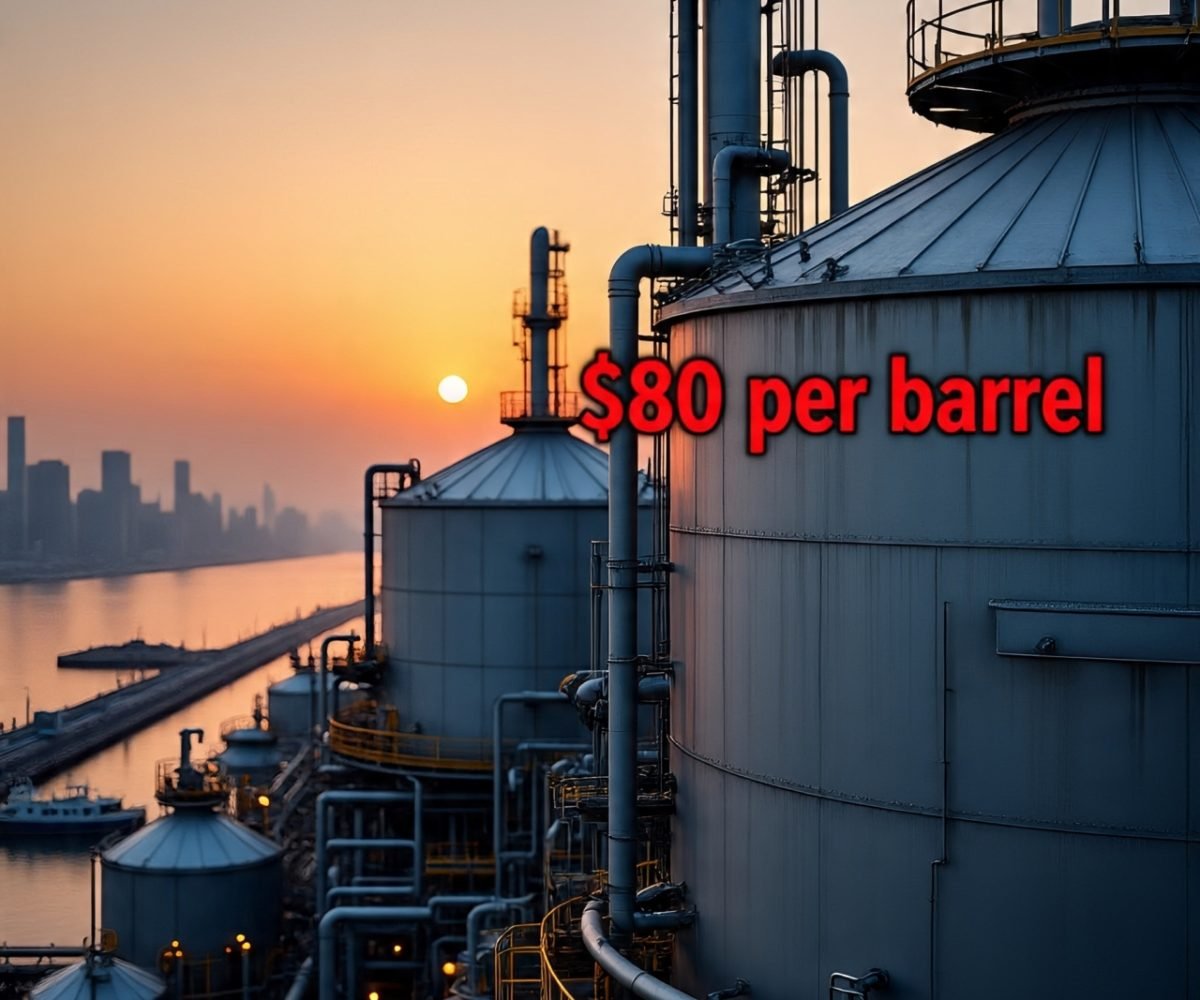Experts predict crude oil may hit $80 per barrel due to renewed US-Russia tensions.

Brent crude oil prices are projected to climb to $80 per barrel in the coming months as renewed geopolitical tensions between the United States and Russia raise concerns about potential disruptions in global oil supplies, according to experts speaking with ANI.
Analysts believe that increasing geopolitical risks are likely to apply upward pressure on oil prices. NS Ramaswamy, Head of Commodities & CRM at Ventura, stated that Brent Oil (October 2025 contract) has a short-term price target of $76 from its current level of $72.07. By the end of 2025, prices could reach between $80 and $82, with downside support at $69. This projection follows U.S. President Donald Trump’s recent ultimatum giving Russia 10–12 days to end the war in Ukraine. Failure to comply may trigger further sanctions and secondary tariffs of up to 100% on nations trading with Russia, a move that could significantly raise oil prices.
Such sanctions would force countries that rely on Russian crude into a difficult position, having to choose between continuing imports at the cost of steep U.S. tariffs or seeking more expensive alternatives—thereby straining the global oil market.
For WTI Crude Oil (September 2025), analysts see a short-term target of $73, up from its current price of $69.65. It may rise to $76–$79 by year-end, with downside support near $65. Market experts warn that this tense environment may trigger a supply shock due to limited spare production capacity, potentially pushing prices even higher through 2026.
President Trump’s desire for lower oil prices clashes with the reality that rapidly increasing U.S. production is not feasible without significant infrastructure, investment, and labor development.
Energy expert Narendra Taneja noted that Russia exports approximately 5 million barrels of oil daily into the global system. Removing this supply could spike prices dramatically—possibly between $100 and $120 per barrel. He emphasized that while India could avoid a supply crisis due to its diversified import sources, domestic prices would still be affected and pose challenges for cost management.
Even if Saudi Arabia and key OPEC members attempt to fill the gap left by a Russian shortfall, it would take time, likely leading to short-term price increases. A global supply deficit may emerge even without additional production cuts from OPEC+.
While recent trade agreements between the U.S. and EU have provided some market relief, persistent geopolitical tensions continue to drive upward risks. Meanwhile, market participants are closely watching U.S. crude inventories and the upcoming interest rate decisions. A stronger U.S. dollar is also exerting mild downward pressure on oil prices.
Although the US-China trade truce has stabilized market sentiment to some extent, elevated risks remain within the global oil sector.
For any quarries contact us
